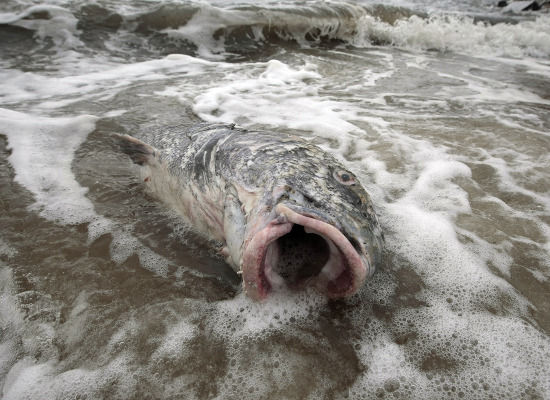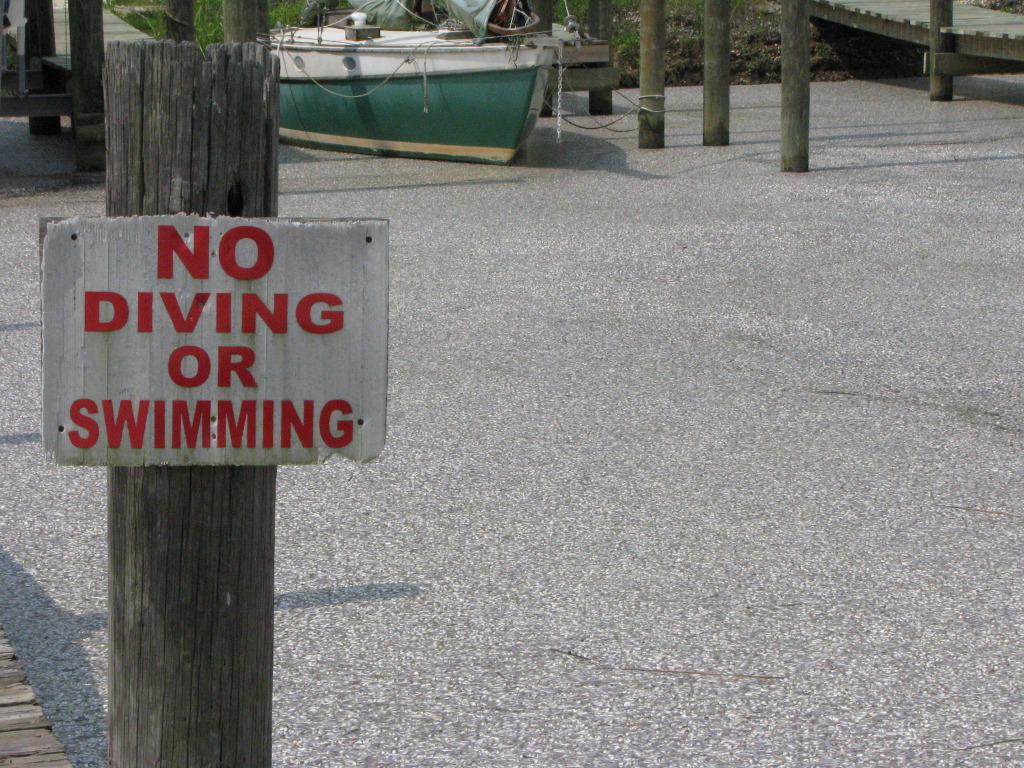jimpeel
Well-Known Member
No, there's a pretty bad record in the Gulf.
Deepwater was ignoring all sort of safety concerns. Time to shut them all down until we can be sure that something like this or worse isn't about to happen.
The oil from the 1979 Ixtoc1 blowout reached the gulf coast but no one is speaking about that. That nine month spill lasted from June 3 until March 23, 1980 a much longer time than this spill.
Can anyone show me the lasting damage from the Ixtoc1 blowout? Anyone?
Prince William Sound? The Persian Gulf? They can't. They just expound on the lasting damage caring not if they are lying in the face of stark evidence to the contrary.

An interesting fact. During that spill there were only five hurricanes and the thinking is that the oil on the surface of the water may retard hurricane formation.
In 1979, there were five hurricanes. Hurricane Henri was a rare tropical storm that entered the Gulf of Mexico without having made landfall anywhere else. It was the second of four times this occurred during the twentieth century. So it is possible that the oil on the surface of the Gulf does retard or prohibit the formation of a genuine cyclone or hurricane.
- Rush Limbaugh June 25, 2010
There is a refutation for that supposition HERE.
Search terms: hurricane Henri gulf coast 1979
Try THIS and find that drilling has been going on in the Gulf for 70 years. There are currently 700 rigs in the Gulf. 1/700 goes wrong and that adds up to calls for a 100% shutdown?



_monster_397x224.jpg)